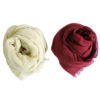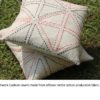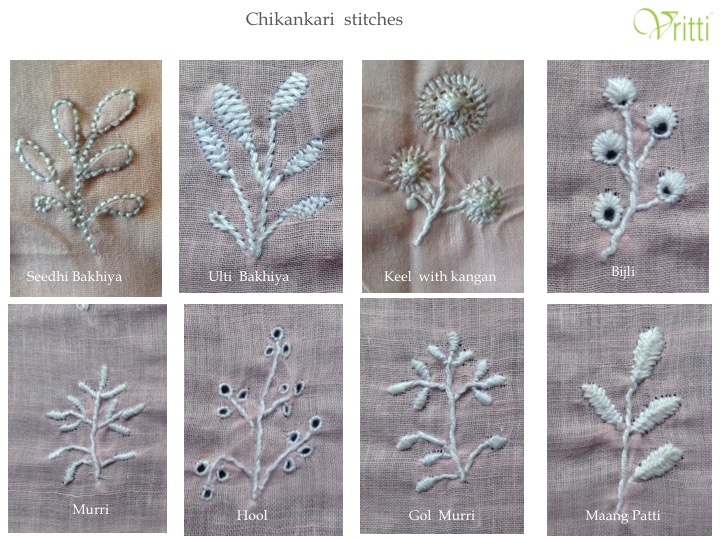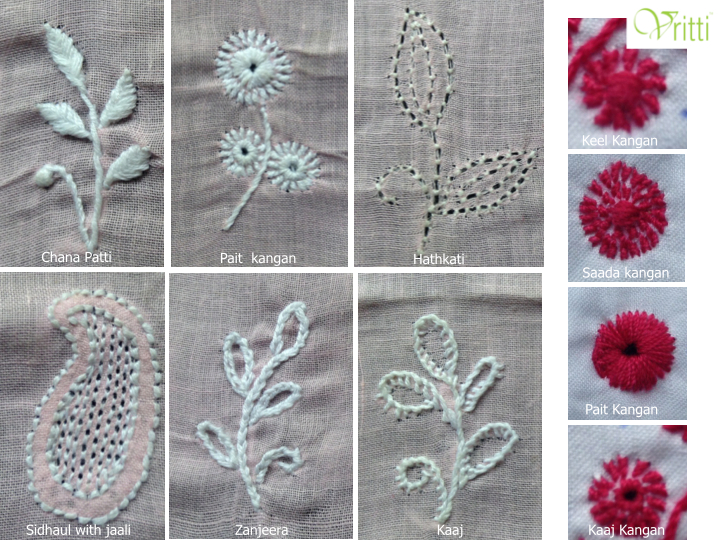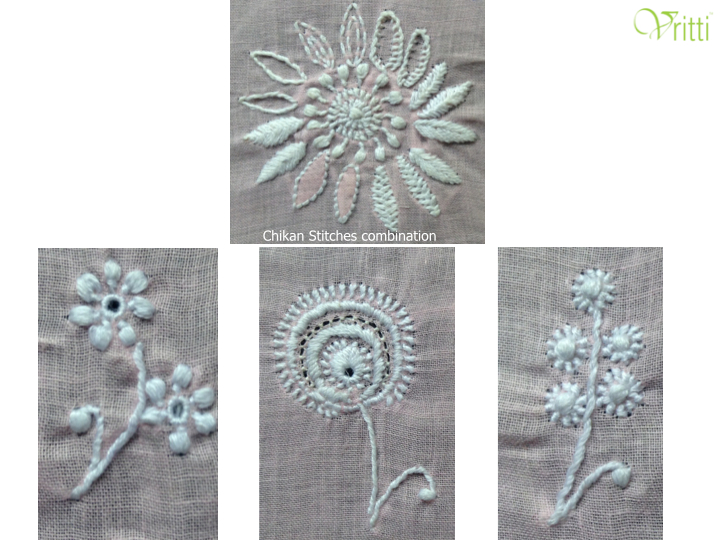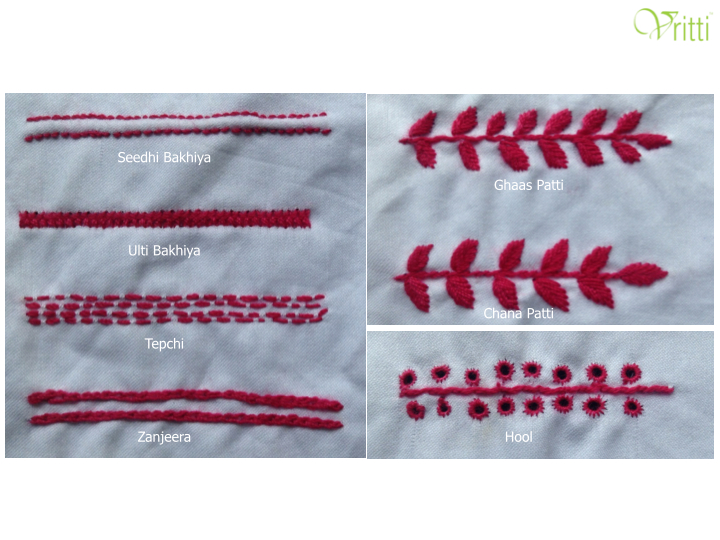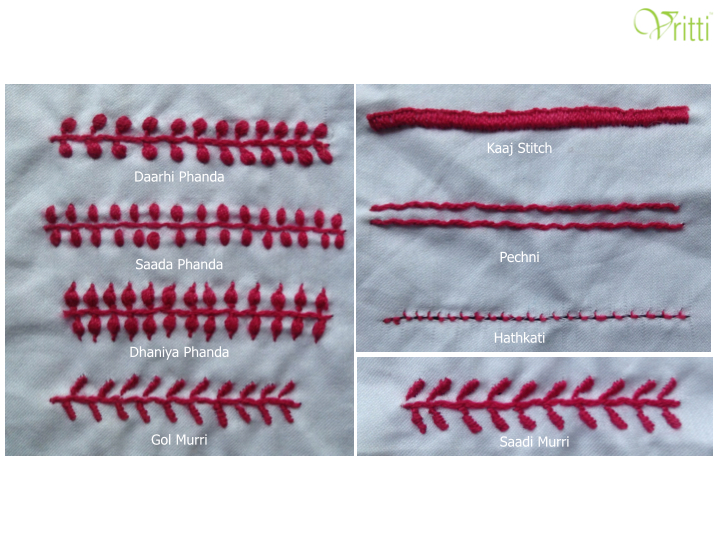Considered as one of the most beautiful textile decoration disciplines, the Lucknowi Chikankari needs our attention and care more than ever now.
When it comes to embroidery there are hardly few disciplines which can match the simplicity and elegance of Lucknow’s Chikankari. An art form more than 200 years old, Chikankari still gives a thriving identity to textile works of the City of Nawaabs – Lucknow.
Origin of Chikankari:
Taking inspiration from a Turkish word meaning ‘a net’, Chikan work is actually done on a piece of cloth that is light and allows free passage to air. The journey of this beautiful embroidery style is very long and involves several countries. Originating in Central Asia, it arrived at Iran and underwent some modifications. Then, it came to India with Mughal Empress Noor Jahan, her gift to the nation. From here, it went to Dhaka, the then capital of silk production. And after several developments and improvements, it finally found solace in Awadh, Lucknow.
The abundance of swans in Iran is reflected in the stitches and features of Chikan-worked apparel. The curves and flows in the magnificent patterns are deeply inspired from the sophistication and elegance of swans swimming on shimmering waters. An art form revolving around 32 stitches, here are the delightful stitches carrying the beautiful Indian embroidery technique:
The indigenous process of production:
Generally done on a cool, light-colored silk cloth, Chikankari is a delicate and graceful form of embroidery. The dexterity required in the beautification of a simple piece of cloth via Chikankari in unparalleled. There are three major junctures in the life of a Chikan-worked piece of clothi
First comes the embroidery on light-colored, block printed cloths by artisans so skillful that their talent is practically unfathomable. Then comes the process of coloring the light colored cloth to vibrant and eye-catching colors. This is an important process as the craftsmen responsible for dyeing need to make sure that the clothing, at no point of time, fails to be captivatingly colored. And, lastly comes the process of washing. After washing, the apparel is completely ready to be packed and dispatched for sale.
The backdrop of business:
The sale of this art form has seen a flourish like no other art. Right from young shopaholics to fashion designers, everybody wants at least one Chikan outfit in their wardrobe. The total revenue generated from Chikankari annually goes in to billions of rupees. The prices go as high as several million rupees for a saree embroidered with Chikankari. The prices show how valued the work of Chikan artists and craftsmen is, doesn’t it?
Wrong! The Chikan artists and craftsmen have never been in a worse condition before. The gap between the wages that these artists get for preparing the apparel and the price at which the apparel is sold is almost hundred fold. And with the modernization of textile industry, the art of Chikan is dying a slow death.
The young generation, the people who were supposed to carry the legacy of this traditional art are now leaving Chikankari in search of better paying options. It is high time that we as a society realize the value of the talent and the beauty of the art that would be wasted if we do not take any action.
The change:
There is a massive economic distance between the homes of workers and traders of Chikan work. This gap needs to be filled. With more and more fashion designers coming out in support for the Chikan artisans, the aesthetics of Chikankari are being shown off on a global stage now. Also, with the government’s support, Chikankari has now been patented as an official handicraft. This is expected to have a positive effect on the lives of the 350,000 artisans associated with the traditional art of Chikankari.
Right from tunics to scarves to kurtas to sarees to even footwear, Chikankari has a spectrum so wide that it covers almost everything. It is a timeless art form and needs our protection more than ever now. Let us all pledge to save and preserve this brilliant and elegant fragment of the Indian tradition and culture.
If you looking to do customise beautiful Chikankari Embroidery work please reach us to at contact@vrittidesigns.com
Buy beautiful Chikankari embroidered camisole here Chikankari Top


